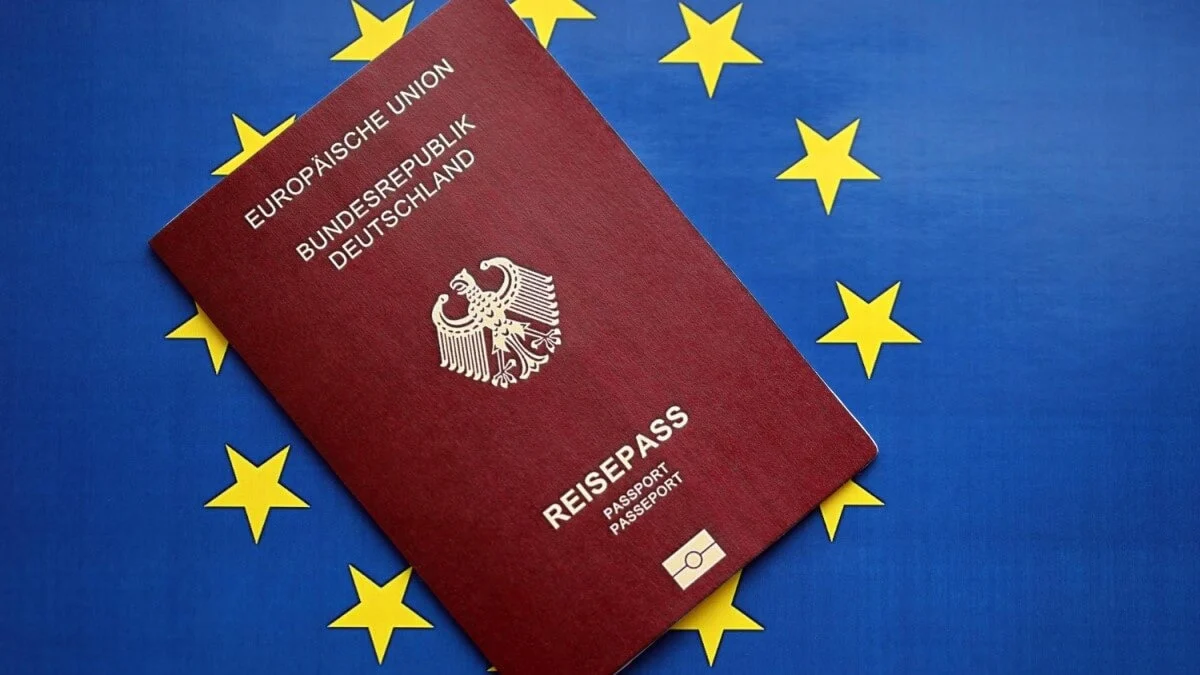Germany’s New Citizenship Law: A Pathway to Modernization
Foreigners living in Germany can now obtain German citizenship more quickly and without renouncing their previous nationality, thanks to a new citizenship law that came into effect on June 27, 2024. This landmark legislation is designed to modernize the process of acquiring a German passport, making it more accessible for eligible residents.
Key Changes in Germany’s Citizenship Law
Germany’s revamped citizenship law introduces several significant changes aimed at streamlining and accelerating the naturalization process:
- Multiple Nationalities Allowed: One of the most notable changes is the ability for foreign nationals to retain their original citizenship when becoming German citizens. This change facilitates a smoother transition for many immigrants who previously had to forfeit their previous nationality.
- Accelerated Naturalization Procedure: The new law reduces the residency requirement for citizenship from eight years to five years. For those married to German citizens, this period is further reduced to four years. Exceptionally integrated individuals—those who show excellent job performance, engage in volunteer work, are financially independent, and possess high German language proficiency—can apply for citizenship after just three years.
- Faster Citizenship for Children of Foreign Parents: Children born in Germany to foreign parents can now obtain citizenship if one parent has legally resided in Germany for over five years, down from the previous requirement of eight years. These children can also retain their parents’ citizenship.
- Expanded Citizenship Test: The naturalization test now includes questions on anti-semitism, Israel, and the Jewish community in Germany, reflecting a broader scope of knowledge required for citizenship.
- Recognition for Guest Workers: The new law acknowledges the contributions of the guest worker generation, particularly Turkish nationals who moved to West Germany in the 1960s. This group is exempt from the citizenship test but must demonstrate good German language skills to qualify for citizenship.
Eligibility and Restrictions
To ensure the integrity of the naturalization process, the law imposes certain restrictions on eligibility. Applicants must have no criminal record, be financially self-sufficient, and not rely on government assistance. Additionally, asylum seekers who cannot be deported are not eligible for citizenship under this law.
Impact and Expectations
The new law is expected to significantly increase the number of naturalizations in Germany in 2024 and beyond. Nancy Faeser, Germany’s Minister of Interior, emphasized that the law is designed to welcome foreigners who share German values and meet the necessary requirements. At the same time, the law takes a firm stance against individuals displaying anti-semitic, racist, or malicious behaviors, ensuring that new citizens align with Germany’s societal values.
